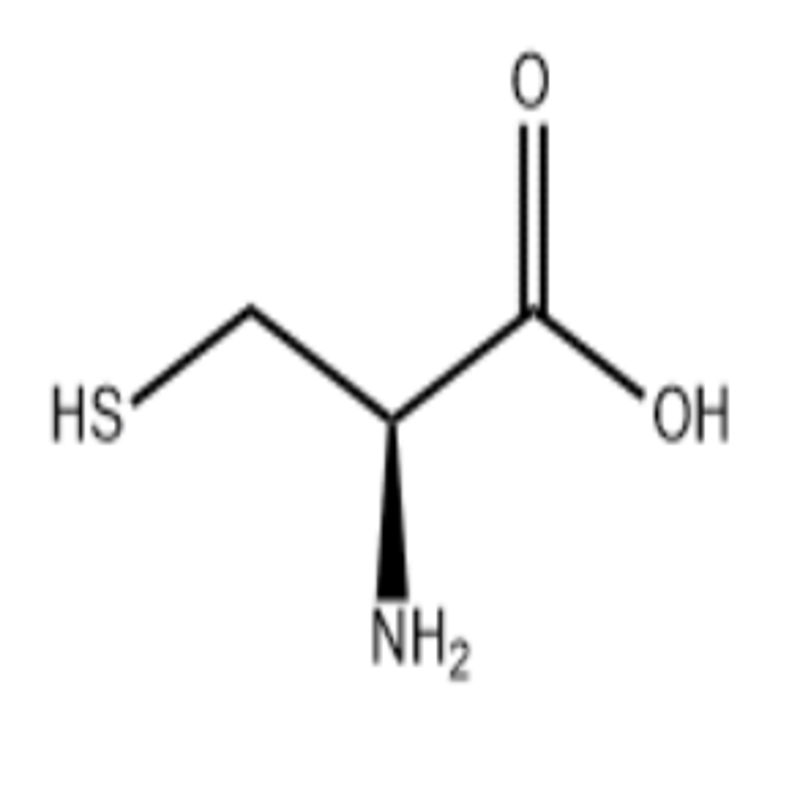Co-subject kinase CICS regulates the development of plant flower medicine
-
Last Update: 2021-03-14
-
Source: Internet
-
Author: User
Search more information of high quality chemicals, good prices and reliable suppliers, visit
www.echemi.com
Using reverse genetics, Lanzhou University, "cell activity and adversity adaptation" Ministry of Education key laboratory Professor Gou Xiaoping team found that co-permeable kinase CICKs can regulate the early development of the drug spore cell division, the absence of this group of genes will seriously affect the fate of flower cells, can not produce active pollen.
the study, published in
, the world's top international journal of botany, is expected to be used in crop breeding to innovate male infertility plant line.
as an important part of the male organs of higher flowering plants, the drug can produce and release pollen grains containing sperm cells, playing a very important role in the process of sexual reproduction and generational rotation of plants.
-subject kinases are a superprotein family in plants with many members, and studies have shown that they play an important role in plant growth and development, and it is an important direction to reveal the biological functions of other subject kinases in this field. Since 2010, the team has systematically studied a set of couperative kinase CICSs that regulate plant stem cells by means of reverse genetics, and the results were published in the internationally renowned botanical journal Nature Plants in early 2018.
Through further research, the team constructed multiple missing mutants of four CIC-subject kinase genes, and detailed tissue-slice observation and cell biology analysis revealed that they had varying degrees of early developmental abnormalities, and revealed the molecular genetic mechanisms of this group of subject kinases that regulate the early development of the drug. The study found that in the early development process of flower medicine, this group of co-subject kinases by regulating the division of spore cells to determine the fate of flower cells, their missing mutants can not correctly differentiate to form a normal flower structure, and ultimately the drug failure, can not produce active pollen.
Gou Xiaoping, author of the paper, said that revealing the regulatory mechanisms in plant reproductive development could better understand how plants produce male organs. In the future, these genes have the potential to be the target genes for crop molecular breeding, creating male sterility plant line. Next, the team will continue to study whether this group of subject kinases is also involved in regulating other plant development processes, as well as the plant's response to other external environmental factors. (Source: Science Network Liu Xiaoxuan)
This article is an English version of an article which is originally in the Chinese language on echemi.com and is provided for information purposes only.
This website makes no representation or warranty of any kind, either expressed or implied, as to the accuracy, completeness ownership or reliability of
the article or any translations thereof. If you have any concerns or complaints relating to the article, please send an email, providing a detailed
description of the concern or complaint, to
service@echemi.com. A staff member will contact you within 5 working days. Once verified, infringing content
will be removed immediately.







